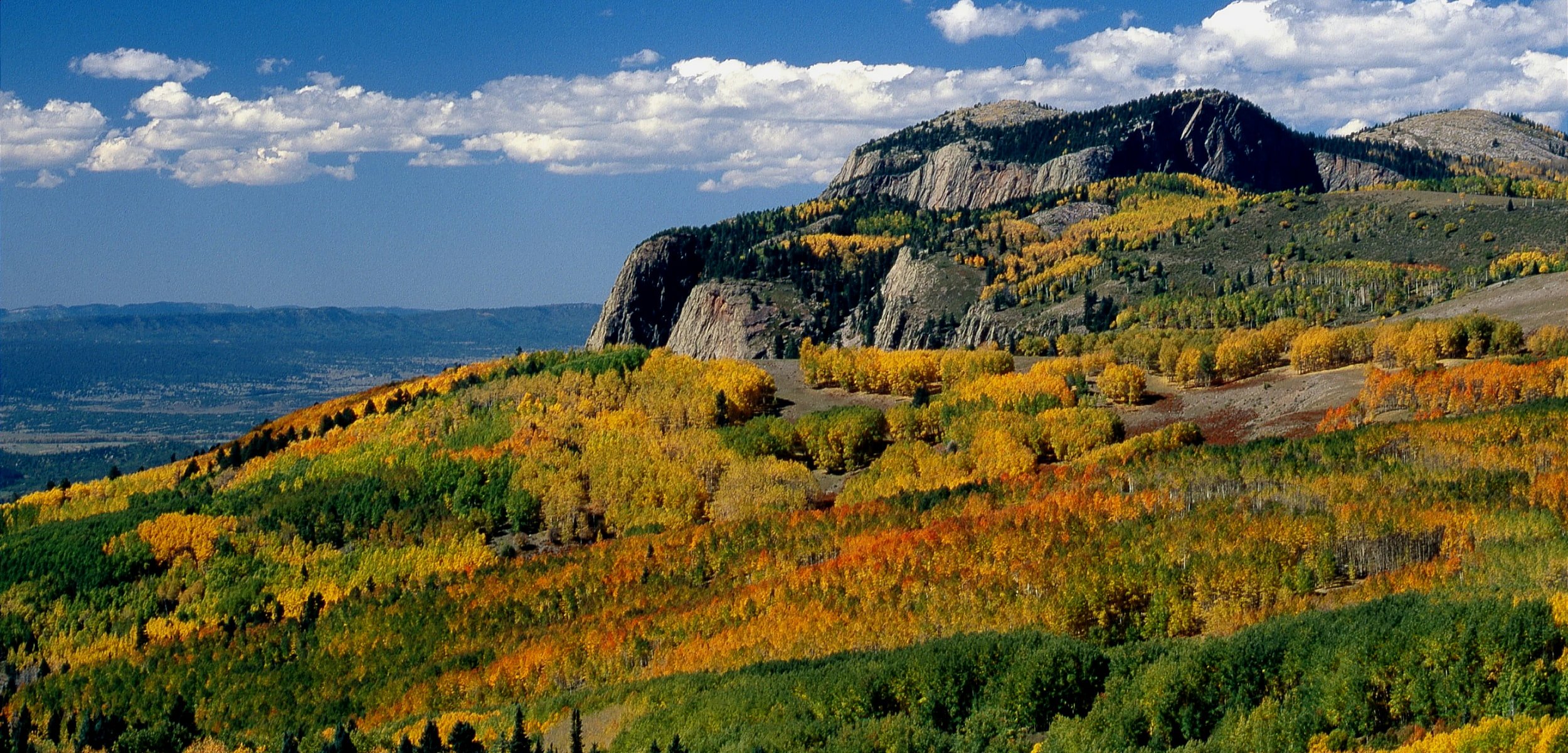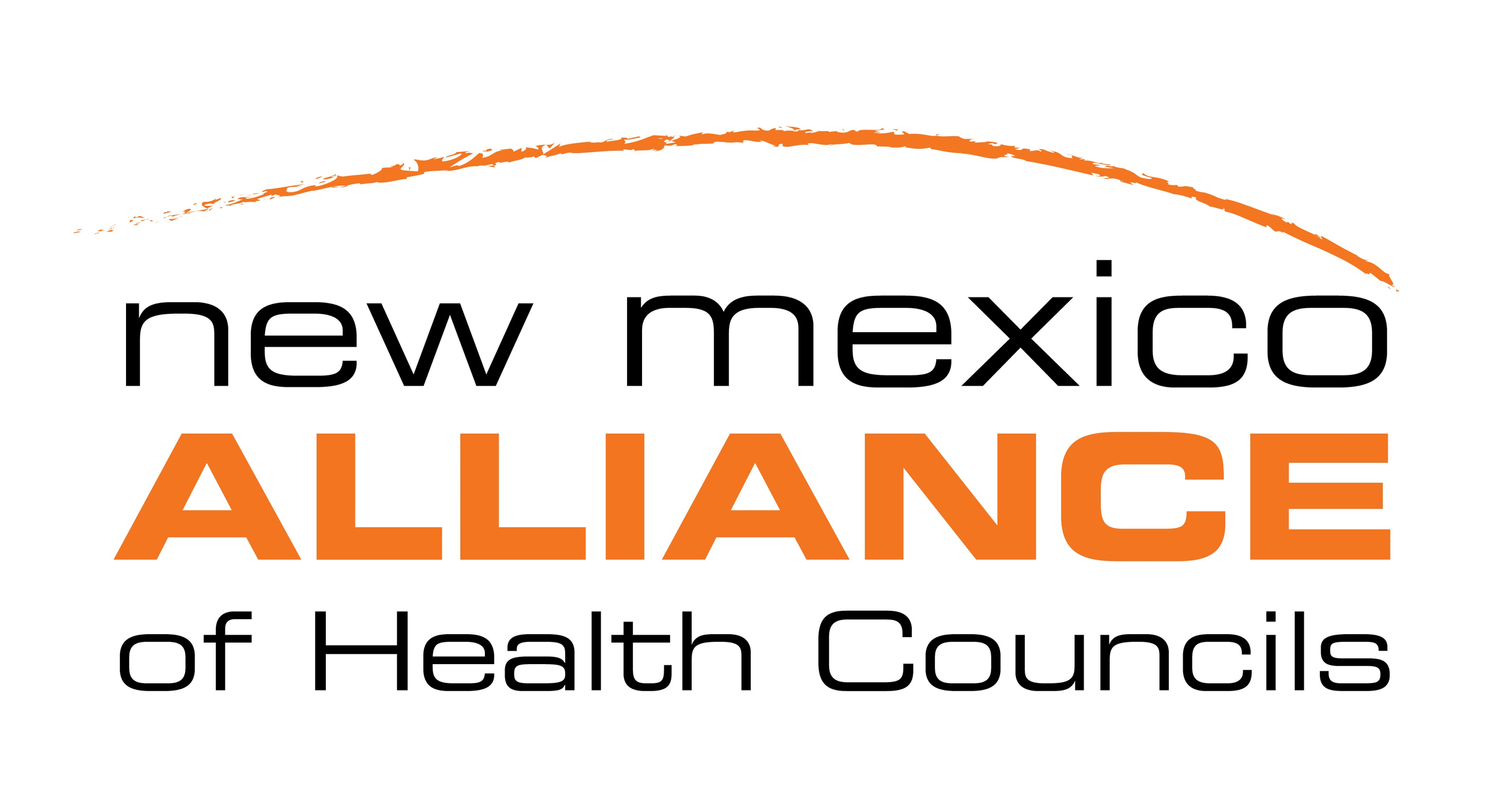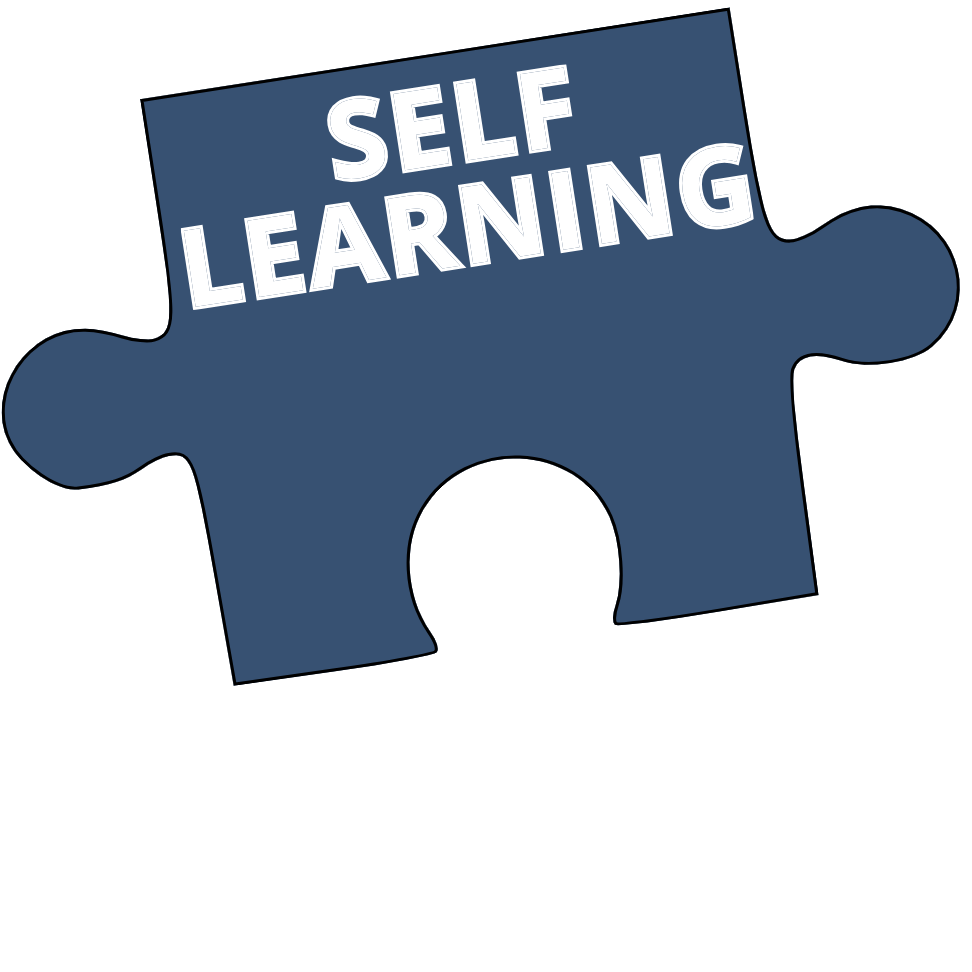
Brazos Cliffs, Tusas Mountains, Rio Arriba County
Land Acknowledgments began as statements written by Land Grant colleges and universities starting in the 1970s. Since then, land acknowledgments have been written by Natives and non-Natives, businesses, public institutions, and nonprofits. They have been spoken to kick-off events, posted on websites, and sent as formal letters. At their worst, land acknowledgments have been performative actions, have shared false or misleading information, or have been void of any meaning. At their best, they have educated the public, opened up dialogue, or been a valuable part of direct action calling for change.
This section is meant to help you decide what your land acknowledgment will be and how it will be used.
The sections on this page include:
SAMPLE LAND ACKNOWLEDGMENTS
This clip from the Hulu show Reservation Dogs is satire that highlights the importance of using language that is authentic to you and relevant to the audience.
Below are three examples of land acknowledgments that use different formats and have different intended audiences.
What do you like or dislike about the ideas, the language, and the format?
What do you think is compelling or problematic?
Have these examples given you ideas on what your own land acknowledgment might look like?
DISCUSS WHY
Why are you writing a land acknowledgment? Why is it important?
How will knowledge of this land & people be a useful guide for your work?
What do you love about the land and systems that you have worked with or in?
What is your relationship with the land?
What role do you play in creating this land acknowledgment?
What kind of reciprocity can you incorporate in a meaningful way?
If you are a County Health Council:
What would you like to learn about the Native Nations in your community and why?
What might atonement mean for your County? For what might the County or State need to make amends or reparations? (see Terms & Definitions)
If you are a Tribal Health Council
What would you like for others in your community to learn about your tribe and why?
Is there any deed or action for which your Nation might need to atone for in regards to another Native Nation? (see Terms & Definitions)
How does a land acknowledgment fit into your organizational goals of inclusion and equity?
How do you intend to make progress against these goals?
How does this relate to the programming work that you are currently doing?
How well do you understand the context of the indigenous people whose land this is? Past, present and future?
What work have you done to build relationships with and serve the interest of the local Indigenous community?
What does it mean for your organizational culture to be rooted in equity?
What are your group's core values? In what ways can these values be shown through action?
In what ways can you use a land acknowledgment, beyond a written statement?
How might you use your land acknowledgment to secure the support and resources needed to ensure New Mexico has an equitable health care system?
How can this process and your land acknowledgment be used to change the attitudes and behaviors of lawmakers? How can it help advance legislation or secure financial appropriations?
DISCUSS WHO
Any questions for which you don't have an answer will give direction on what type of self-learning needs to be done. Resources are available in Part 3. People and Part 4. Past.
What are the demographics of your community?
Which tribes have land in your area?
Can you identify tribes that were displaced, disbanded, or destroyed?
Who will be acknowledged?
What is the endonym (native name) for each tribe in your community?
What do you know about each of these Native Nations?
What are their beliefs?
What is/was their societal structure?
Do they allow non-tribal members at feast days?
What do you know about their history?
What are their enrollment policies?
Who will be the audience(s) for your land acknowledgment?
How can this information be used to improve services or strengthen collaborative partnerships?
Who might initially reject your land acknowledgment?
How can it be presented so they hear what you have to say?
DISCUSS HOW
The group should have consensus on how you will use your land acknowledgment. Below are several ideas. Additional ideas are listed in the Land Acknowledgement Guide.
Spoken at events, health fairs, etc.
A special page on your website
In the footer of your website
Added to reports, fliers, posters, etc.
Use as a guide or reference when you form collaborative partnerships or develop initiatives








